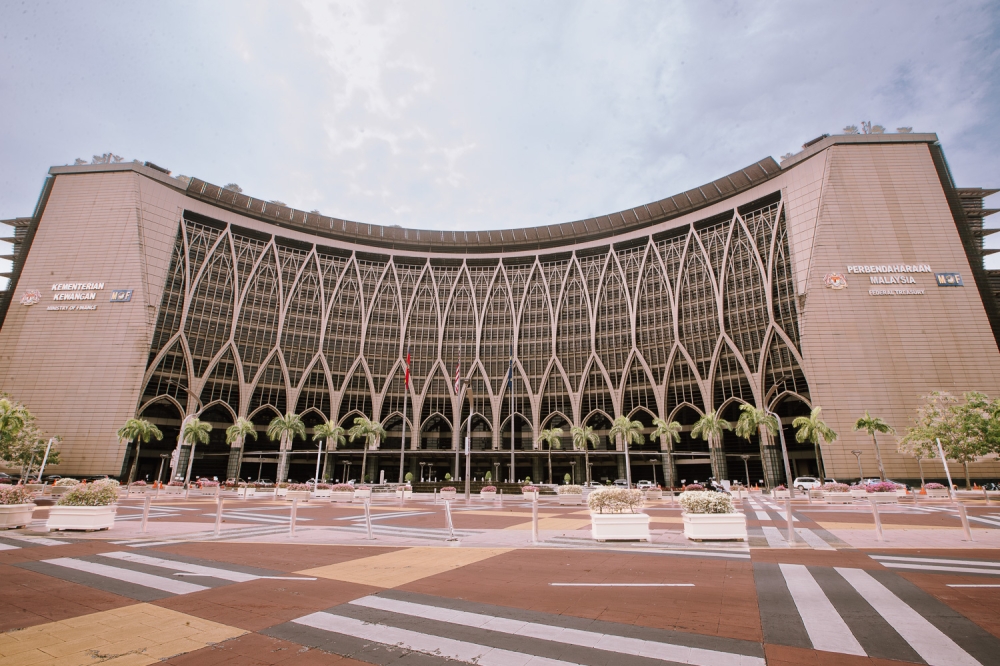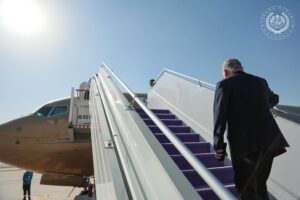KUALA LUMPUR, Aug 26 — The collection of Sales and Services Tax (SST) on imported fruits is projected to generate an additional revenue of RM38 million annually starting from 2026, said the Ministry of Finance (MOF).
Additionally, the MOF said that the review of sales tax rates and the expansion of SST, effective from July 1, 2025, are expected to generate an additional RM10 billion in revenue annually beginning in 2026.
The ministry said that, among other objectives, the SST rate review was implemented to strengthen the country’s fiscal position while promoting and supporting the local fruit industry.
“However, the government has taken public feedback into account and revised the rates to exempt selected imported fruits such as apples, oranges, dates, and mandarin oranges.
“This decision was made to ensure guaranteed access to nutritious and commonly consumed foods, especially for vulnerable groups,” it said in a written response on the Parliament’s website yesterday.
The ministry was responding to Jimmy Puah Wee Tse (PH–Tebrau), regarding the expected revenue collection from the SST expansion, which began on July 1, particularly collections on imported fruits.
The MOF said the SST expansion is targeted and includes certain facilities and exemptions as mitigation measures to ensure that the tax burden is fairly distributed and borne only by those who are capable.
Meanwhile, in a separate response, the ministry said the government currently has no plans to implement the Goods and Services Tax (GST) because the general income level of the population is still too low for a broad-based GST.
“The implementation of SST can provide a faster fiscal impact to the government compared to reintroducing GST, which requires a longer preparation period of up to two years to allow companies to update their systems to handle GST.
“Additionally, SST is viewed as more progressive compared to reintroducing GST.
“This is due to the targeted structure and implementation of SST expansion, where goods and services commonly used by the majority of the population are generally not taxed,” it said when responding to a question from Datuk Seri Dr Wee Ka Siong (BN–Ayer Hitam).
Wee queried about why the government has not reintroduced the more efficient GST system, given that the SST expansion will cover nearly 97 per cent of goods in the market.
The MOF said that after the sales tax rate review, which took effect on July 1, 2025, the number of exempted or zero-rated items will total 1,826 goods.
“This figure is higher than the 607 zero-rated items under GST before it was abolished in 2018.
“The expansion of service tax scope involves taxing 70 per cent of the services listed under the Malaysia Standard Industrial Classification (MSIC) codes, compared to 76 per cent of the scope of services taxed under GST,” it added.
The MOF elaborated that the greater number of exempted goods and the lower percentage of services taxed under SST compared to GST demonstrate the government’s concern for the well-being of the people, while ensuring stronger fiscal sustainability aligned with the core principles of the Madani Economic Framework. — Bernama






